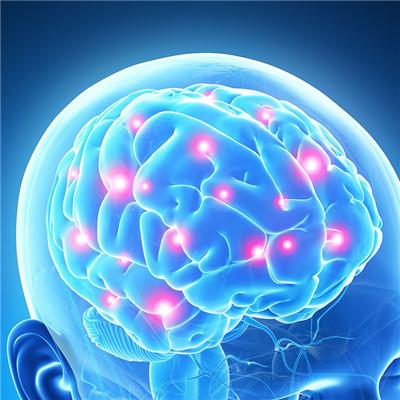What are the symptoms of coronary heart disease
summary
Coronary heart disease is referred to as coronary heart disease. It refers to the abnormal lipid metabolism, the lipid deposition in the blood on the smooth intima of the artery, and the accumulation of some atherosclerotic lipid substances in the intima of the artery into white plaques, which is called atherosclerotic lesions. These plaques gradually increase, resulting in arterial stenosis, so that blood flow is blocked, leading to heart ischemia, angina pectoris. What are the symptoms of coronary heart disease.
What are the symptoms of coronary heart disease
Symptom 1: chest pressure suffocation, stuffy feeling, severe burning pain, general pain lasts for 1-5 minutes, occasionally as long as 15 minutes, can be self relieving.

Symptom 2: pain occurs when the burden on the heart becomes heavier (such as increased physical activity, excessive mental stimulation and cold). It can disappear after a few minutes of rest or sublingual nitroglycerin.

Symptom 3: when the pain attacks, it can be accompanied (or not) by collapse, sweating, shortness of breath, anxiety, palpitation, nausea or dizziness.

matters needing attention
The diagnosis of coronary heart disease mainly depends on clinical manifestations (patient symptoms). When a patient with coronary heart disease (older age, multiple risk factors) has chest pain with the following characteristics, coronary heart disease should be highly suspected.










